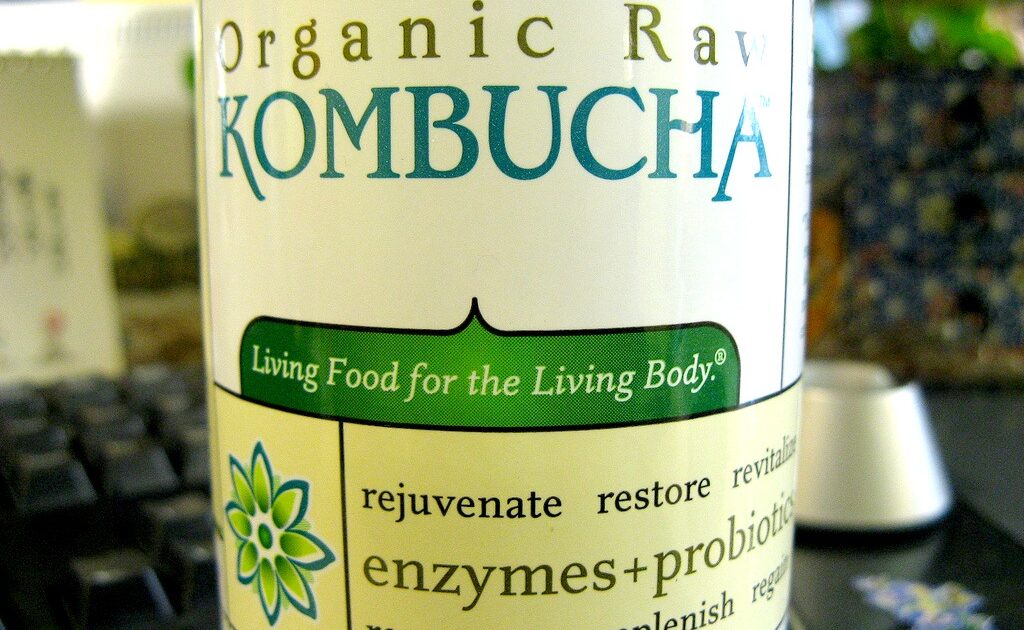GT’s Kombucha Faces Lawsuit Over False Antioxidant Claims

Millennium Products, Inc., the producer of GT’s Kombucha, is facing a lawsuit regarding the brand’s claims that the beverage contains “powerful antioxidants.”
“Millennium has plastered misleading antioxidant messaging on every side of its GT’s Kombucha and Synergy (collectively, ‘GT’s Kombucha Beverages’) beverage labels,” the complaint reads, as reported on BevNet. “The simple truth is, however, that GT’s Kombucha Beverages do not have even a single nutrient that the FDA recognizes and approves of for labeling statements using the term ‘antioxidant.’”
Three plaintiffs—Jonathan Retta, Kirsten Schofield, and Jessica Manire—said they wouldn’t have purchased the product had they known the claims were made without FDA consent.
The rules for regulating nutrient content claims about antioxidants are strict—but clear. According to Food Navigator USA:
You can only make them on products containing a meaningful amount of nutrients with recognized antioxidant properties such as vitamin C and E for which a reference daily intake (RDI) has been established.
For example, to be a ‘good source of antioxidants’ a product must contain at least 10 percent of the RDI for the antioxidant in question.
And while each bottle of GT’s Kombucha contains 100mg of EGCG (Epigallocatechin gallate, a polyphenol in tea with recognized antioxidant properties), there is no established RDI for EGCG, so you can’t make nutrient content claims about it, argue the plaintiffs.
So the question remains: Does using the word “powerful” before antioxidants insinuate a product contains more antioxidants than it really does?
According to a 2008 FDA guidance document, describing the level of antioxidants present is a nutrient content claim. But the FDA also stated nutrient content claims can only be made if the antioxidant has an established RDI and is recognized scientifically for its effectiveness.
The plaintiffs in this particular lawsuit claim “the statement that GT’s Kombucha Beverages provide a ‘unique blend’ of ‘powerful antioxidants’ is misleading, suggesting the beverages provide superior antioxidant content than foods and beverages with antioxidant nutrients like vitamin C that have antioxidant properties as well as nutritional value,” reports BevNet.
No matter the outcome, the lawsuit is a wakeup call to manufacturers that are a little too laid back regarding word choice on product labels.
Related on Organic Authority
Kombucha Tea Lovers, Get a Load of the Newest Hipster Beverage Craze: Switchel
The Kombucha! Cookbook: Add This to Your Bookshelf Immediately
Image: saeru

